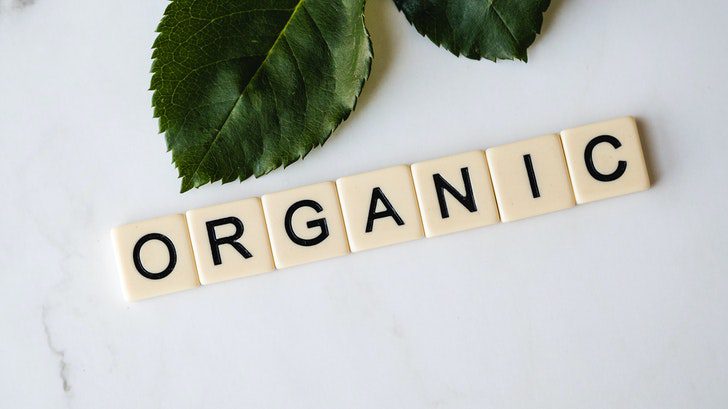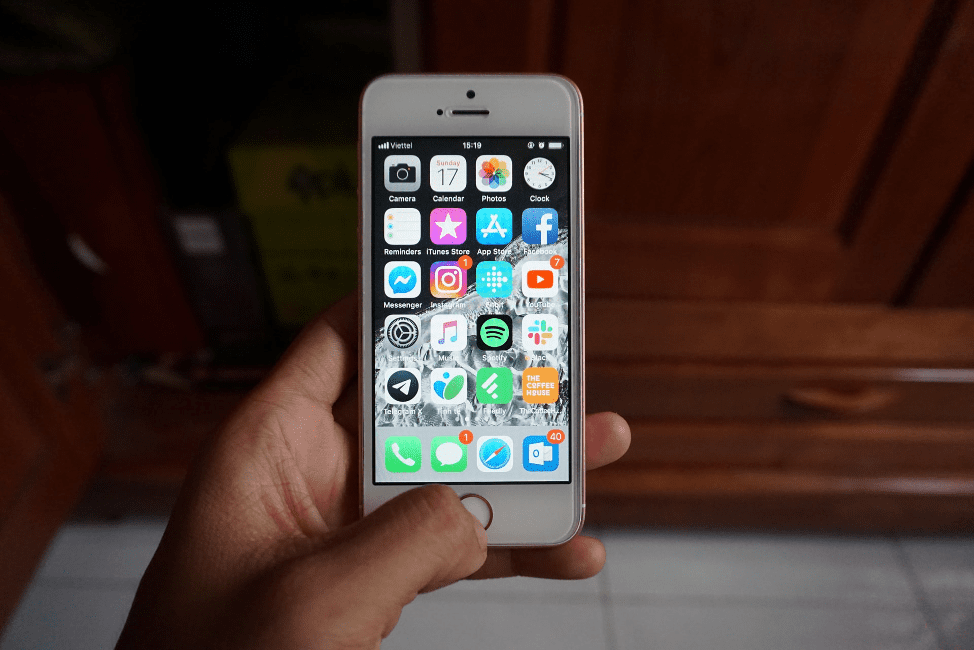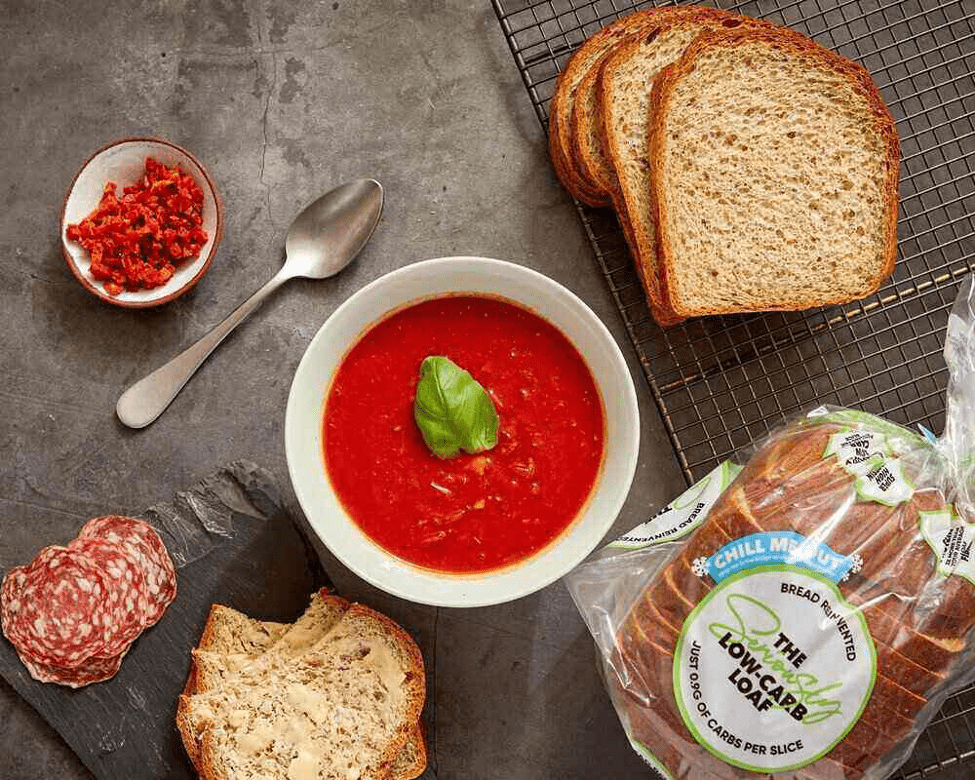What is meant by “clean eating”?
Eating clean essentially means avoiding all processed, manufactured and packaged food items. This includes ditching all snacks and sweets, and switching to natural foods such as vegetables and fruits, lean proteins and other healthy and 100% organic foods.
Although a clean diet varies on people and their beliefs, people who prefer clean eating refuse the consumption of any food that has been treated with antibiotics, pesticides or growth hormones. They cut back on eating foods with added sugars, salt, fats or artificial flavouring and colouring. Regular store-bought meals are replaced with natural ingredients such as whole grains, dried apples, flaxseeds etc.

Fuzzy Rescue/ Pexels | Be as true with your food as you are with yourself
Clean eating benefits:
- Glowing skin
- Improvement in physical health
- Improved physical strength
- Weight loss
- Stronger immune system
- Nourish your body with high-quality protein, vitamins and minerals along with healthy fats
- Improves brain functionality
- Positive impacts on brain health
- Reduces risks of heart diseases
- Supports and maintains muscle growth
- Helps digestive system
- Supports sustainability
Simple ways to start clean eating
-

Jo Ma/ Unsplash | Choosing a healthy diet plan helps you takecare of yourself in the best way possible
You can practise clean eating every day by:
- Switching to consuming whole grains such as wheat bread, oatmeal and barley. You can even enjoy popcorn and freshly produced pasta that you could also make at home. This change can lower your risks of heart diseases, cancers and diabetes.
- Eat less meat and load up on vegetables. This does not mean you have to cut off meat entirely, but to only eat to fulfil your body requirements of proteins and fats. Prefer less use of processed meats such as cold cut meat, bacon, sausages, pepperoni, bologna etc. This could also help reduce your blood pressure and weight. Bump up on eating more veggies and fruits to fulfil your diet requirements of fats, vitamins, fiber and minerals.
Is eating clean safely?

Ralph (Ravi) Kayden/ Unsplash | Great wealth comes must always come with great health
It can be beneficial for your body because of less concentration of sodium and sugar that puts you at the risk of many potential health diseases. Studies have found that avoiding processed food decreases the risk of coronary disease and cerebrovascular disease.
However, studies also prove that “eating clean” can sometimes put pressure on people and affect their mental health, potentially leading to mental distress and effects on social relationships. Furthermore, it could also lead to eating disorders such as skipping meals or bulimia.
Many clean eaters start following extreme patterns such as avoiding eggs and milk which can be encouraged by fitness bloggers and celebrities who have no nutrition qualifications or evidence to prove their claims against these products. The term “clean eating” creates a hierarchy of food. It starts demonizing processed food and people start cutting off such food. What they don’t know is, in some cases canning and freezing food increases the bioavailability and nutritional content.
The bottom line is, eating clean does boost your health and supports a sustainable environment but it still requires proper research and awareness before truly applying it to your daily life.







